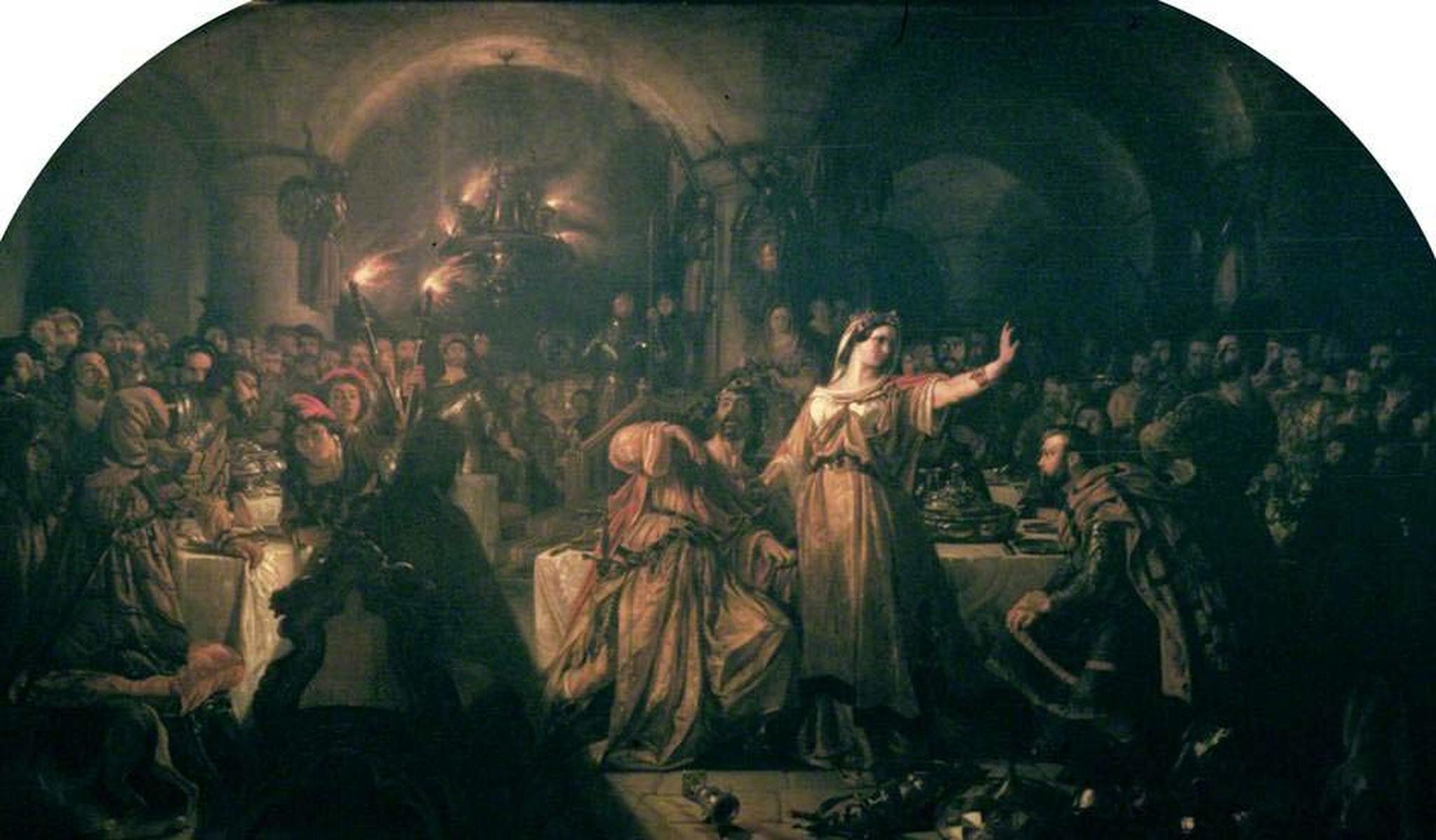
Literature as Prophecy
Christ present where so often we don’t see him.
Dr. Robert Alexander, a former literature professor at the University of Dallas, serves as a guide to take those who wish to join him through a cathedral made up of pieces of literature. All of these pieces were chosen for their prophetic character. They all reveal Christ at work in the ordinary affairs of our daily lives. Some are pagan or pre-Christian, some medieval (Dante), some modern (Shakespeare), and some coming on the threshold of a post-Christian world (Dostoevsky, Melville, Eliot, Faulkner, and C.S. Lewis). The works arose out of different cultures (Greek, Roman, Italian, English, Russian, and American), but they are universal in character and witness to the central fact of our Catholic faith: that God took on our nature, surrendered himself to a horrible and humiliating death, and invited us to share in his risen life, to enter into what the early church fathers called a theiosis (man being raised so he can share in the divine life of God). The works that we read don’t consist of arguments or statements or ideas. They are living experiences of Christ and the Spirit at work in the world. We are not Protestants; our faith was never intended to leave us only in our heads, understanding and being inspired by Scripture. Christ invites us to enter into his actual life, to be one with It. The course is offered in the hope that it will help people see Christ where ordinarily we don’t see him, to enter more fully, more deeply, into the sacramental life of the Church and especially the Eucharist.
Currently, Dr. Alexander is offering the course Literature as Prophecy on-line Tuesday evenings from 6:30 to 8:30. Two separate audio lists are available to the public, one from the St. Francis classes which concluded three years ago and the other from classes at St. Elizabeth Ann Seton which are still on-going. They differ because the starting points for both groups were different; and it’s hoped that the ones at SEAS reflect a greater depth because they have the advantage of time and experience and further reflections on the works. The class at St. Francis came to an end after seven years and an extended exploration of modernity, works coming out of the confusions of our modern world. The class at St. Elizabeth Ann Seton is still active (and generally meeting once a week) but approaching its end as it takes up those same works on the modern world and a few that weren’t offered to the St. Francis group. Even after the SEAS class comes to an end, audios of all the works will remain available, indefinitely. At this point, a blog is in the works to involve more people in the discussions awakened by the works. People interested may contract Dr. Alexander through the email in the “Contact” section.
The purpose of the course has always been to help people find Christ where often we don’t see him and to enter more fully into the sacramental life of the Church, especially the Eucharist. The format of each class is the same. Dr. Alexander begins each class with a prayer; reads a short lyric (to keep alive both the aural, musical center of literature as well as its “I am” or more inward, personalist aspects); and then takes up the longer work being considered. Everyone is welcome to join at any point in the course! It’s become clear from the data gathered on the site that individuals from all over the globe are making use of the audios. I want to leave no doubts about the sincerity of my invitation: that anyone who is not associated with either parish or with the Catholic world at large, who simply enjoys the works, and who would enjoy engaging people who share their loves, is more than welcome to make one of our company. The one caveat is courtesy, a respect for each other in discussions. In the same vein: at the bottom of the “Content” page are two options, one for each of the parish groups, that contain hard copies of outlines, notes, reflections, and questions on each of the works. Individuals, especially high school and college students, are encouraged to use them, in this spirit: we risk demeaning the integrity of the writers whose works we’re reading—the Christ we seek in all of them—and the free offering of all that we’re doing by not acknowledging debts or sources. If any of the talks are used, please acknowledge the Literature as Prophecy site.
On a personal note, I’d like to thank Michael Grosso for the splendid work he’s done on putting this site together. There’s simply no way to express the depths of gratitude I feel for the magic he performs whenever he comes in to help with technical problems.
